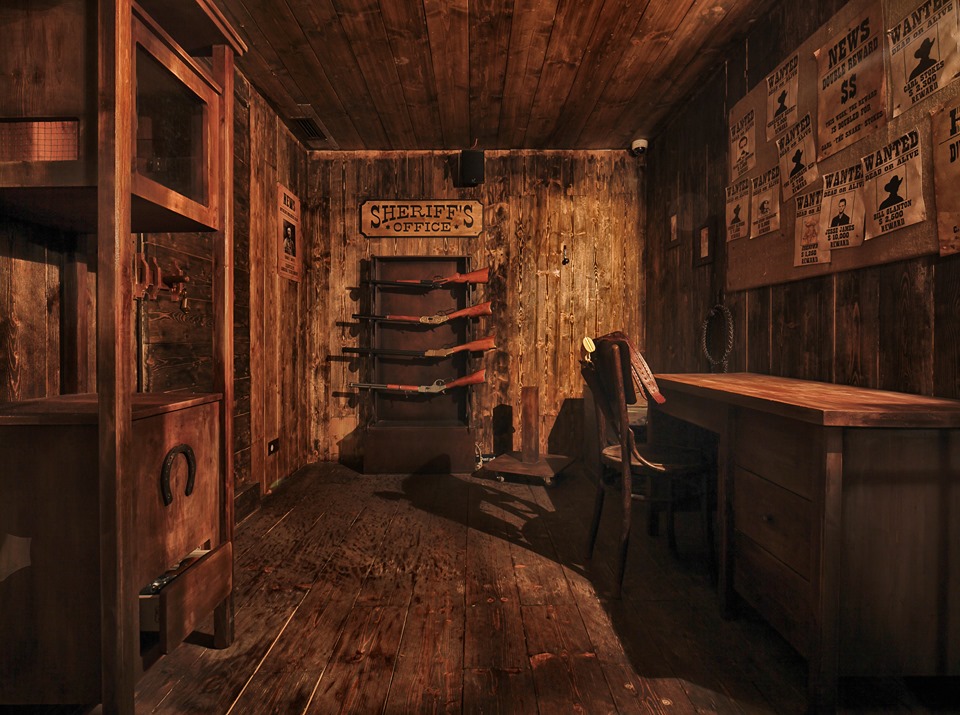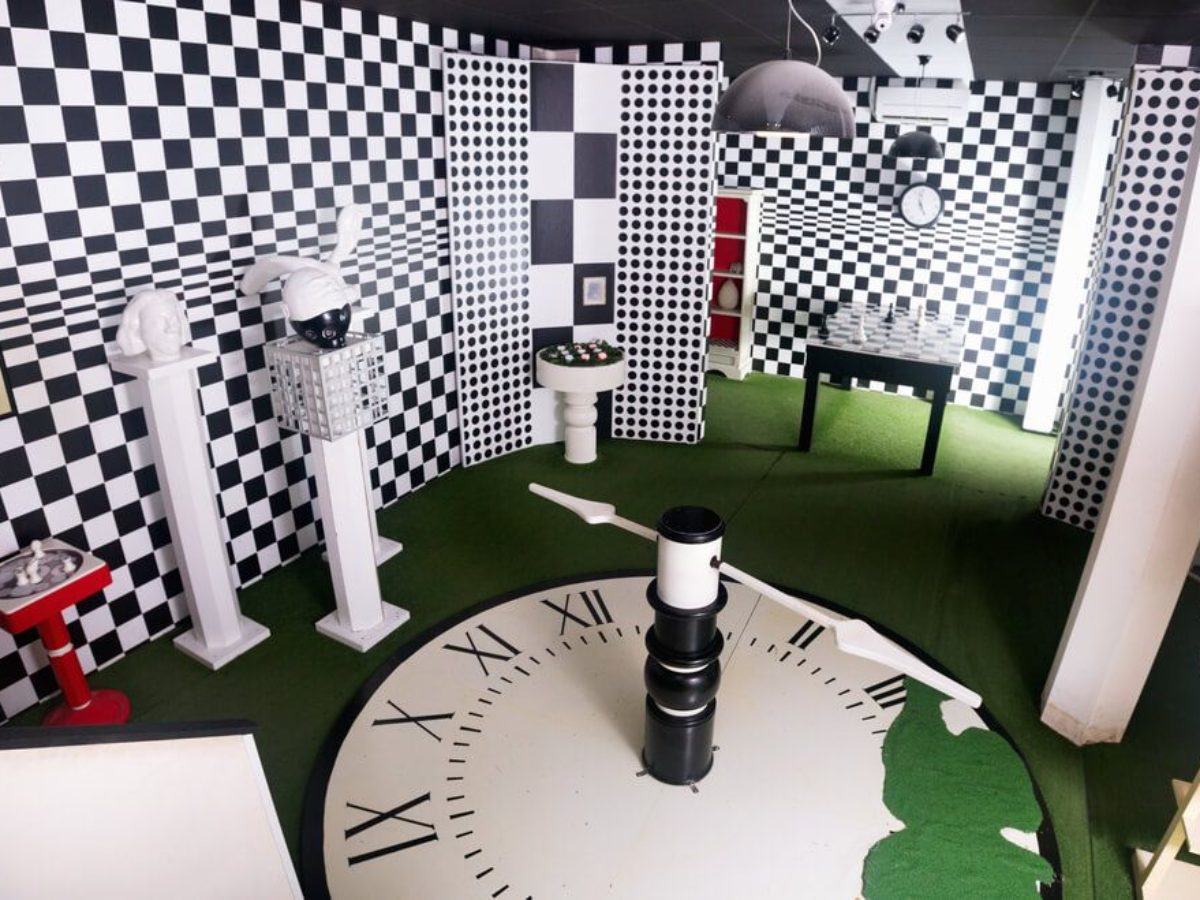Opening the Educational Perks of Escape Room Challenges
Integrating retreat space obstacles right into academic frameworks presents a distinct opportunity to improve critical reasoning, advertise synergy, and develop problem-solving skills among pupils. These appealing activities replicate real-world scenarios, cultivating a setting of energetic understanding where academic principles transition right into useful applications. By merging amusement with education, retreat spaces not only enhance pupil involvement but additionally prepare them for future challenges, calling for resilience and cooperation. As we explore the diverse benefits of this ingenious strategy, one have to consider how these immersive experiences can reshape traditional discovering standards. What further capacity does this approach hold for the scholastic world?
Enhancing Important Thinking
Getaway room difficulties function as a dynamic and engaging device for improving vital assuming skills. These immersive experiences call for participants to address a series of puzzles and riddles within a set duration, promoting an atmosphere where cognitive skills are carefully tested and created. The nature of retreat spaces demands a methodical method to analytic, motivating individuals to evaluate information critically, acknowledge patterns, and attract rational final thoughts.
Individuals in escape space obstacles are usually confronted with intricate problems that call for innovative solutions, therefore advertising side reasoning. This type of reasoning is important for identifying links in between relatively unrelated principles and for generating creative services. Furthermore, the stress of a ticking clock adds an aspect of urgency, pushing participants to think both quickly and properly.
Moreover, retreat area difficulties usually integrate a range of puzzles that interest different cognitive toughness, such as sensible thinking, spatial awareness, and mathematical abilities. This diversity guarantees that participants exercise a wide series of psychological faculties, which is key to thorough cognitive growth. Basically, retreat spaces develop a revitalizing environment that not just amuses but also cultivates vital critical believing abilities, making them an important educational device.
Encouraging Synergy
Collaborating effectively is a vital element of success in getaway room obstacles, as these activities naturally demand cooperation among participants. The structured setting of a retreat space necessitates that people pool their varied abilities, expertise, and viewpoints to solve complex issues within a limited timeframe. This joint strategy cultivates an understanding of the value of each group member's contributions, consequently enhancing social abilities and common regard.
In an instructional context, getaway spaces serve as a dynamic system for advertising teamwork among trainees. By involving in these obstacles, students find out to interact better, delegate tasks based upon specific toughness, and support one an additional under stress - escape room orlando. These experiences convert right into improved team dynamics in class settings, where cooperative understanding is necessary for scholastic success
Additionally, the interactive and immersive nature of escape rooms gives a sensible, hands-on experience that enhances theoretical concepts associated with teamwork. It permits individuals to practice and improve essential soft skills, such as leadership, energetic listening, and dispute resolution. As a result, retreat space challenges not just make finding out delightful however likewise prepare trainees for future real-world circumstances where team effort is crucial.
Creating Problem-Solving Abilities
Establishing analytical skills via retreat area difficulties provides a engaging and one-of-a-kind technique for refining critical believing abilities. These interactive environments present individuals with a series of detailed problems and scenarios that need ingenious and analytical strategies to address. By navigating these obstacles, individuals are compelled to assume outside the box, adapt quickly to brand-new information, and apply logical reasoning in real-time.

The hands-on nature of escape space difficulties cultivates a feeling of urgency and enjoyment, which More hints can substantially enhance pupil inspiration. When students are participated in a story that needs them to address challenges and get over barriers, they are most likely to invest effort and interest right into the understanding jobs. This heightened interaction can lead to deeper understanding and retention of the product, as trainees are needed to apply their knowledge in real-time circumstances.
Additionally, the joint facet of escape spaces promotes teamwork and communication skills. Integrating escape room challenges right into academic setups can be an effective strategy to raise student interaction and drive academic success.
Conclusion

Including getaway room obstacles into educational structures provides an unique possibility to enhance essential thinking, promote team effort, and develop problem-solving skills among students. As an outcome, retreat area challenges not just make finding out enjoyable however also prepare pupils for future real-world circumstances where synergy is important.
Involving pupils in the discovering procedure is critical for academic success, and link get away room challenges offer an engaging solution to this instructional necessary. Incorporating getaway space difficulties into academic setups can be a powerful method to boost student involvement and drive academic success.
The dynamic nature of escape areas properly equips pupils with essential skills for scholastic and real-world success, eventually enriching the academic experience and preparing learners for future challenges.